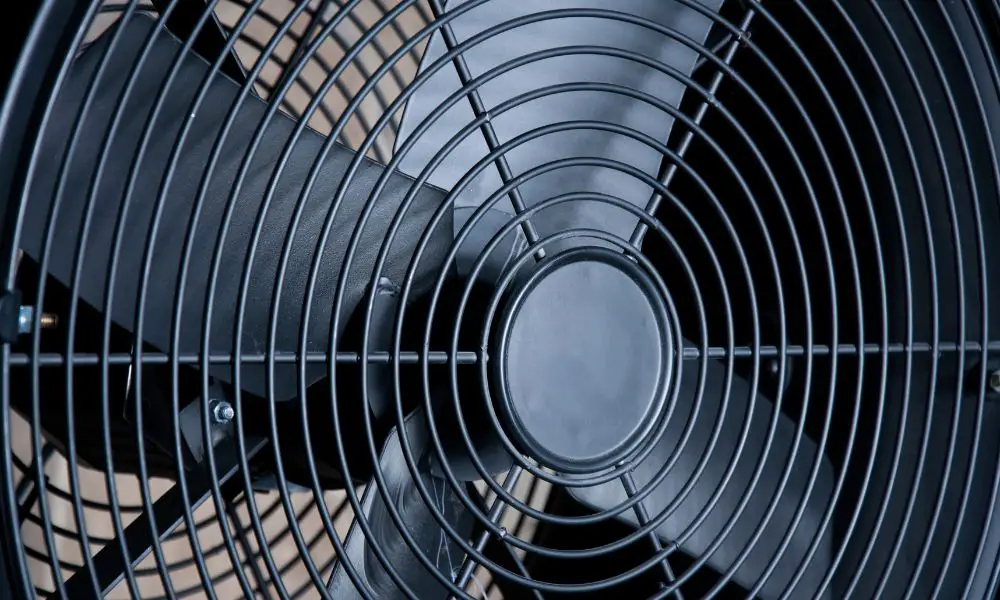

When you’re working in the industrial or agricultural sector, you sometimes encounter confined spaces. OSHA has very specific rules regarding what defines a confined space, and one of the best strategies for staying safe is to ventilate that space before entry. Depending on the type of space, you may be able to ventilate it with a box fan. Keep reading to learn how to ventilate confined spaces with a box fan.
The rules for navigating confined spaces are outlined in OSHA’s Confined Spaces Standard, 29 CFR 1910.146. Essentially, a confined space is one that you might enter for work purposes, like the inside of a giant pipe or a silo, but it is not meant for people to occupy most of the time. These spaces often have few exits and are known to contain harmful gases. Ventilation makes the space safer by removing those gases and replacing them with clean air.
A box fan is best used for ventilation in low-risk environments where there may be some debris or harmful gases. This limitation is in place because a box fan alone does not have a hose for transporting air long distances. To use the fan, simply place it in the entryway so that the fan blows clean air into the confined space; this will dilute the presence of harmful gases.
One of the most important tips for ventilating confined spaces is to reconsider using a box fan just because it’s the tool you have on hand. If you’re working in a high-risk confined space, you may need a more advanced ventilation system with hoses for transporting air. One hose will supply the confined space with clean air, while another will allow harmful gases to exit.
Ventilation is a process that takes time. If you need to enter a confined space, make sure you begin ventilation at least 30–60 minutes prior to your entry, or longer in high-risk spaces. You may also need to have the ventilation systems running while you are inside the space to continue reducing the danger of inhaling harmful gases.
Just because you are using ventilation doesn’t mean you don’t need to wear personal protective equipment (PPE) like a respirator. In some spaces, like a farm silo, the buildup of gases is dangerous enough to merit wearing a respirator even if you’ve aired out the space.
We hope you find these steps for ventilating confined spaces with a box fan helpful. When in doubt, always refer to the original OSHA guidance for specific safety instructions.
Understanding the common causes of delays during facility relocations can save you time, money, and…
If you or someone you know suffers from sleep apnea, chances are a CPAP (Continuous…
Learn about four effective methods hospitals can implement to share patient status updates, ensuring clear…
Learn about the benefits of an organized outdoor shed. Discover easy methods to reduce clutter…
Want to fly multiple flags but are worried it might be disrespectful? Here’s what you…
Prepare for power outages with tips on staying warm, safe, and stress-free. Learn how to…